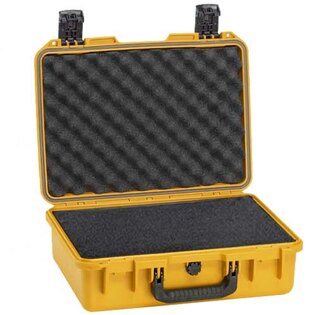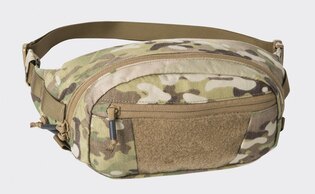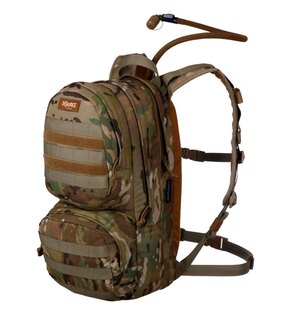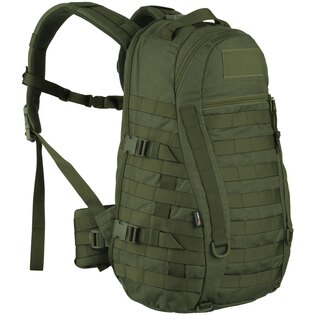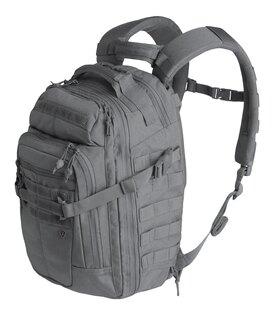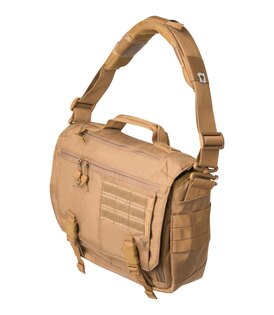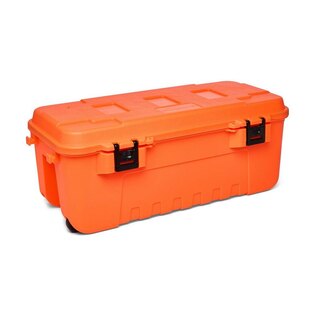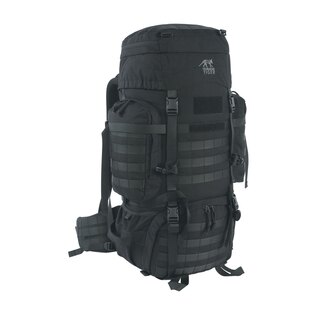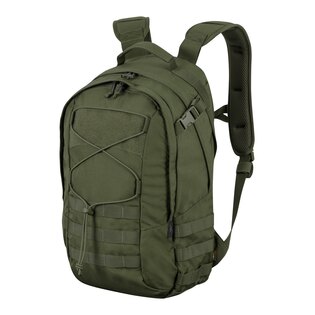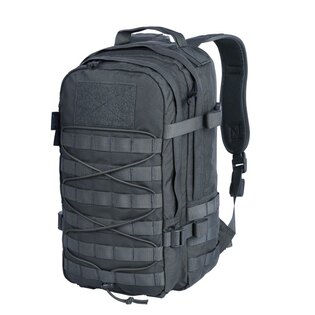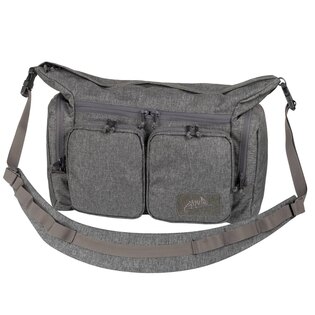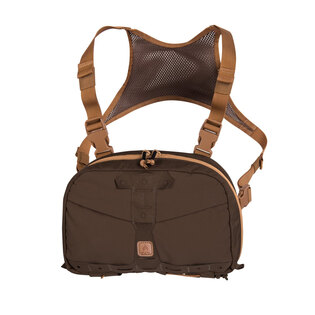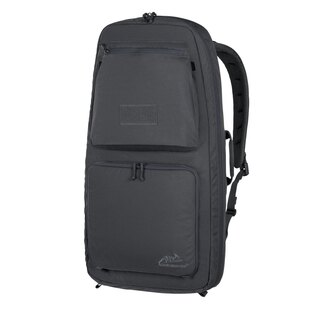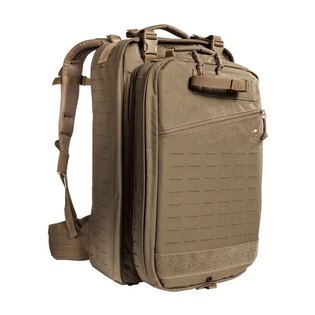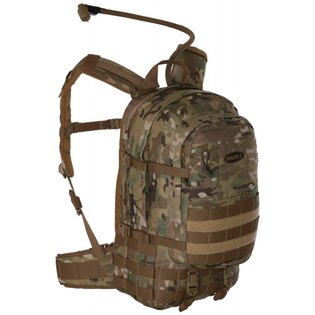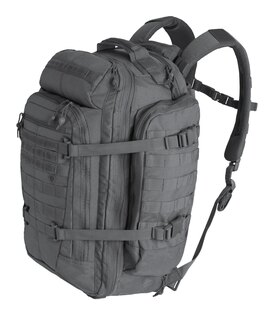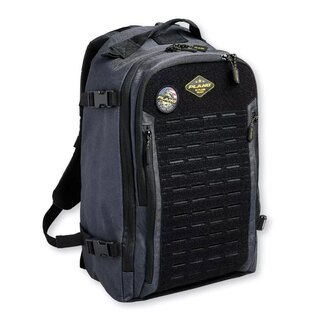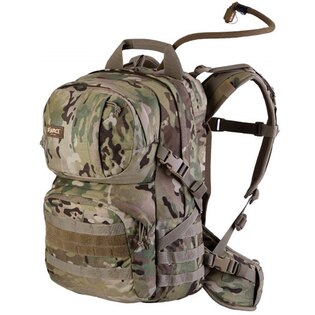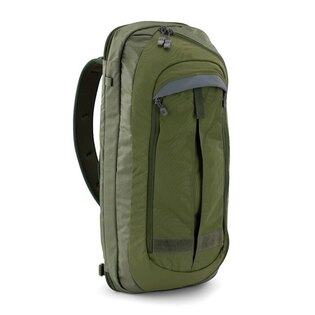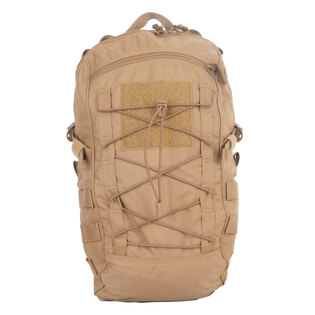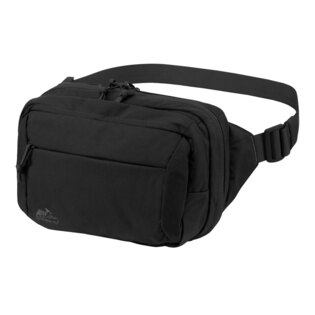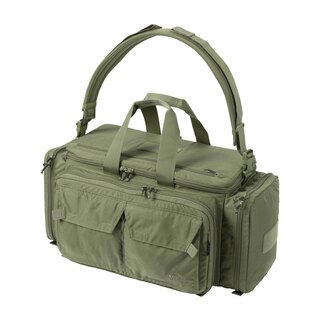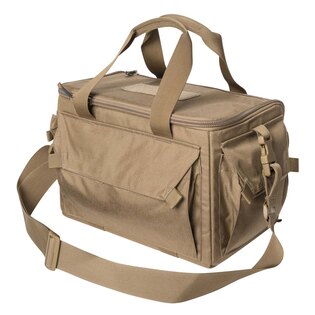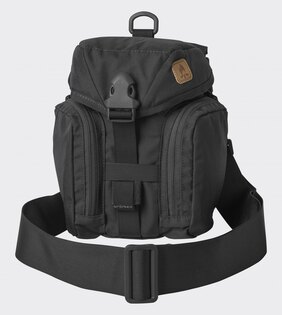INTERVIEW: Michal Ščepko (part 1) – about training with the Navy SEALs
Michal Ščepko managed to achieve a unique feat while serving in the Armed Forces of the Slovak Republic. He was the only Slovak to successfully complete the most demanding military training in the world with the American Navy SEALs. How did this extremely tough training take place? Is it possible to prepare for something like this? And what “winning qualities” should an applicant have to have a chance of success? You can read all about this in the first part of our interview!
Michal served in the Slovak army for many years as a reconnaissance diver, among other things. An important milestone in his career and life was completing an extreme tactical course with the Navy SEALs. He projects his unique experience into the SEALTAC project, where he organizes a diverse range of tactical, shooting and other courses together with other professional instructors who have experience in special forces.
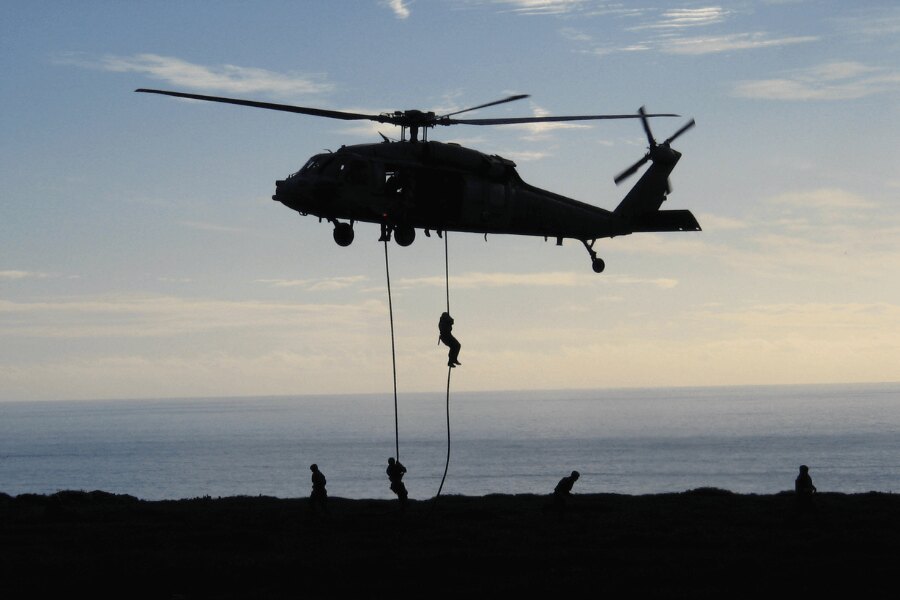
Rappelling from a helicopter during the Navy SEALs course. Source: Michal Ščepko and NSWC
In addition, Michal also works in Sereď as a strength and conditioning coach, who prepared, for example, the famous MMA fighter Attila Végh for matches. His offer also includes the option of online coaching. We will also get to all of this in the second part of our interview. But let's not get ahead of ourselves and let's ask Michal what it was like with the legendary Navy SEALs.
Few people manage to get to the Navy SEALS course and successfully complete it. How did you get there as a soldier who served in the Slovak Armed Forces? Did you have any previous qualifications or skills that helped you do this?
As a member of the Slovak Armed Forces with a specific function, I met the basic selection requirements. I had to complete various tests and reviews and then participate in this training. Even then, I served as the commander of a reconnaissance diving team with sufficient experience in military diving, which was one of the conditions.
The advantage was that I used to swim competitively and I feel at home in the water :-) I also did competitive shooting and I practiced, ran and swam from a young age. I never got anything "free" from the trainers and always had to train a lot in strong competition. What once seemed like a disadvantage turned out to be an advantage in training.
How did you prepare for the course? And is it even possible to prepare well for something like this?
I did a lot of exercise, running, swimming, breathing exercises under water and the like. At boot camp in Florida a former 6th USN SEAL – my mentor always explained to me with a smile that no matter how good I was physically, if I wasn't mentally strong and resilient I would break and go home!
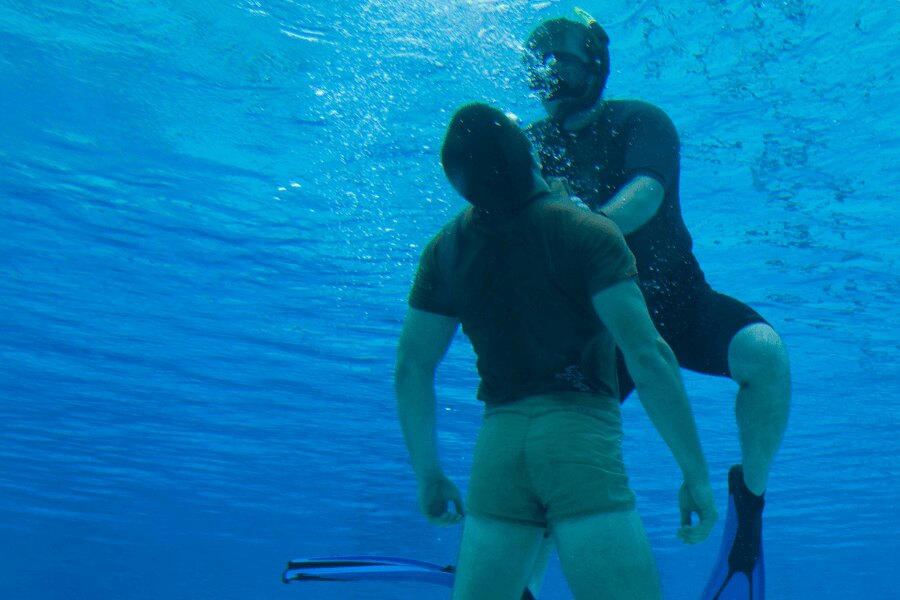
Swimming training at the Navy SEALs course is extremely demanding and includes e.g. the "drowning" test, the so-called "drown proofing". Source: Michal Ščepko and NSWC
And if you knew what you were getting into, would you do anything differently?
Certainly yes. A big and unpleasant surprise was the so-called "drowning" test. "drown proofing", when my hands and feet were tied and we had to do certain specific activities in the pool. I almost drowned here and didn't want to believe that this activity, along with treading water with diving gear, was so difficult. I would definitely train this more, this was extremely challenging. There were a lot of such "extremes" during the training, but there it was more about mental endurance and physical readiness, and Igmade them – luckily :-)
What was the focus of the Navy SEALS course you took?
From the beginning, this course was mainly focused on the selection for this unit. Then to model the fighter according to their ideas and to learn the specific combat skills that are used in the operations of these special forces. From reconnaissance activities to green tactics of small units, marksmanship, explosives to special operations in water and a combination of everything while fulfilling various tasks.
How much time did you spend in the US in total?
18 months.
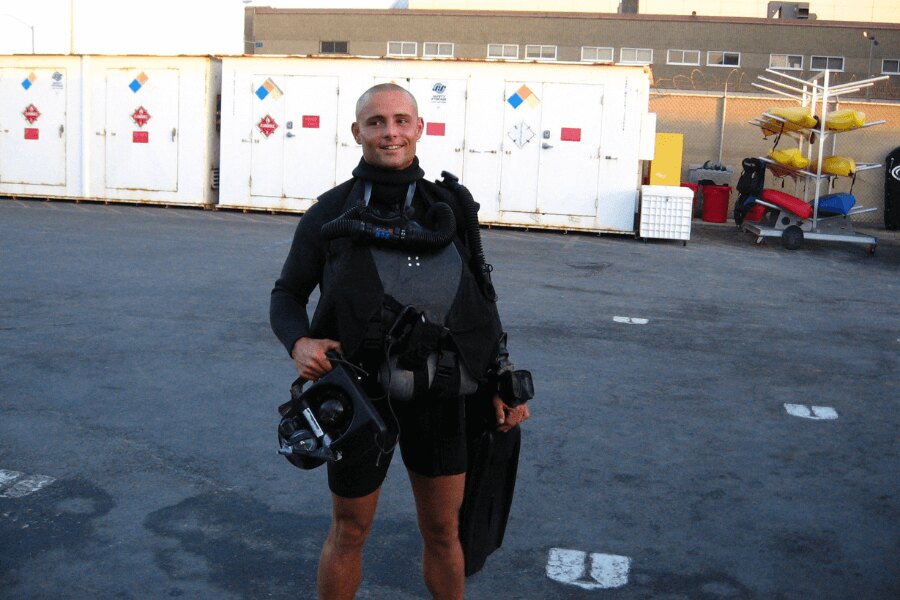
The Navy SEALs course was initially focused mainly on selection for the unit, then on learning specific skills that are used in special unit operations. Source: Michal Ščepko and NSWC
And how did they take you as a Slovak? Was everything fine?
Claiming that I was equal would be a big lie :-) But the Slovak passed and almost 90 % of my classmates didn't :-) As Czechs and Slovaks, we are always considered to be residents of Eastern Europe, who had a socialist regime here for years and often made me feel it.
During Hell Week, you were constantly under extreme stress and in total discomfort. But it certainly wasn't just about "bearing the load". What did they watch about you that week?
During Hell Week, they try to get you to the very bottom of your physical and psychological possibilities and see if you can last until the end :-) You are under enormous mental and physical stress for five and a half days. You are always wet, sweaty, dirty from sand and mud and during this you are given various tasks, of course under all kinds of pressure...
When did you start learning tactics in the course? And what was it aimed at?
Certain tactics began to be learned already in the first phase. A lot of tactics in and around water (water operations) were discussed in the second phase. In the third phase, it was already about the detailed tactics of small units on land, in water and during operations using a helicopter.
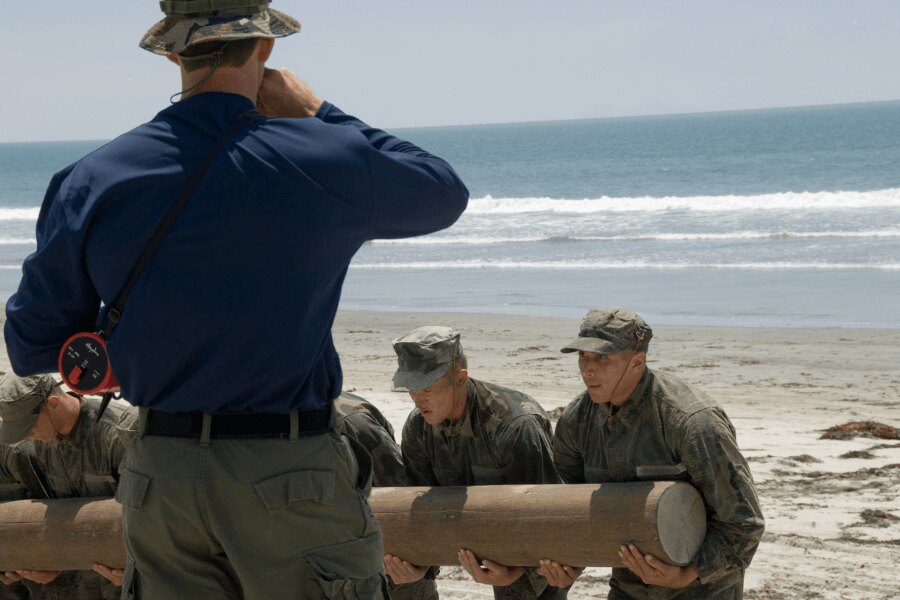
During Hell Week, you will reach the bottom of your physical and mental strength. Source: Michal Ščepko and NSWC
How realistic were the training conditions?
I think conditions were very realistic. We only used blank rounds on one day, when we were learning to take cover from fire :-) On the other days, we did all firework and tactics with only "sharp" ammunition and the use of grenade launchers. Also, water operations took place in the real environment of civilian waterways, ships, ports and mostly at night. After returning from training, I completed a combat mission in Afghanistan and that seemed less dangerous than this training...
How many people completed the course? And those who survived – did they have a common "winning quality"?
Only 27 of us finished (250 started). It is said that our main quality was a strong psyche and a mindset to fulfill the task and training.
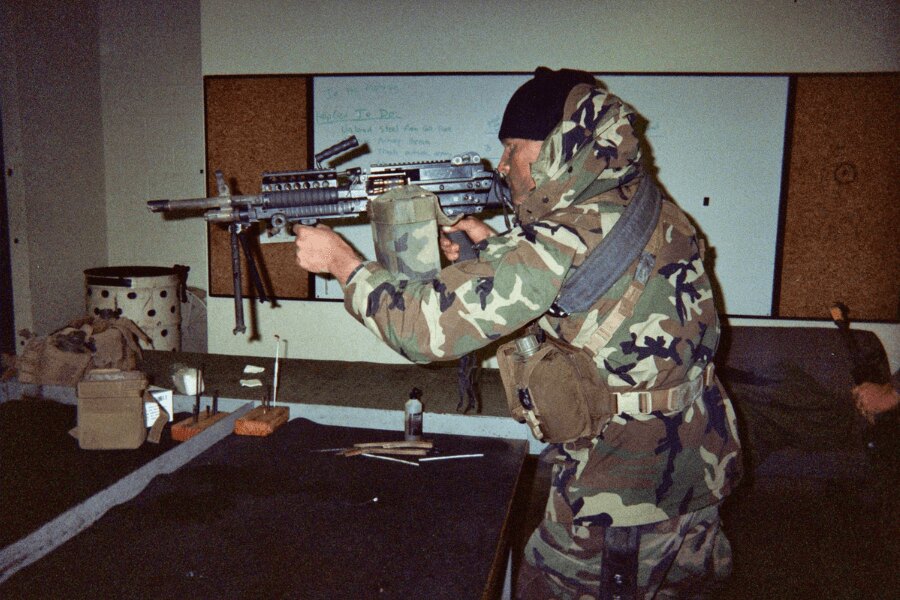
The Navy SEALs course will teach you to function perfectly even in extreme discomfort. The key feature is a strong psyche and the ability to focus on the goal. Source: Michal Ščepko and NSWC
What all could you fail on?
Perhaps on everything that was done in training. We had two attempts to complete each task. You won't do the first one, you have a chance to make a correction. If you don't do that, you're done. Also, at any moment of the training you can ring the bell or say "I quit" and it's over.
To illustrate, I will mention at least a few disciplines: running 4 nm (nautical miles), swimming in the ocean 2 nm, SEAL obstacle course, treading water with diving equipment, running with backpacks in the sand, survival test in the pool with hands and feet tied, knot tying test underwater for a breath and many more. Knowledge tests on topography, tactics, diving and weapon systems were also a matter of course.
Do you have a trick to not give up and endure until the end (physically and mentally)?
Focus on small and close goals. Achieve them and through them set another goal and another and then you won't even know it and you're in the main goal :-)
What did you take away from the Navy SEALs course for life?
Being able to work in discomfort and still work on yourself in less than ideal conditions. The course taught me extremely much, which I use in tactical training and also in sports.
Do you have the opportunity to pass on this unique know-how of yours?
Certainly yes. I apply a lot to SEALTAC training and also a lot to strength and conditioning training.
TIP: Do you want to really practice tactics and shooting and gain experience from real professionals? SEALTAC courses are definitely worth a look. We'll talk more about them in the next part of our interview with Michal Ščepko. Stay tuned!
Readers are further interested



























































































































